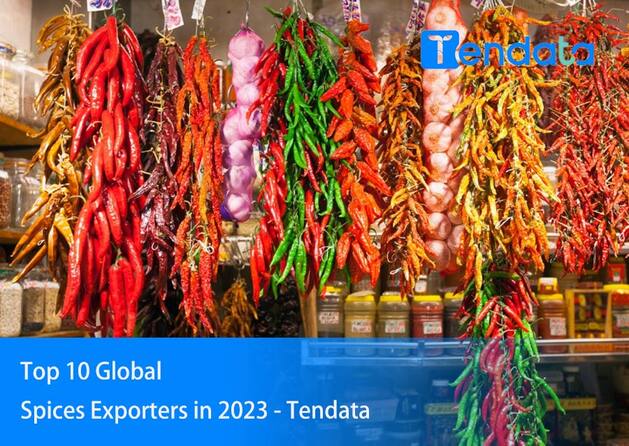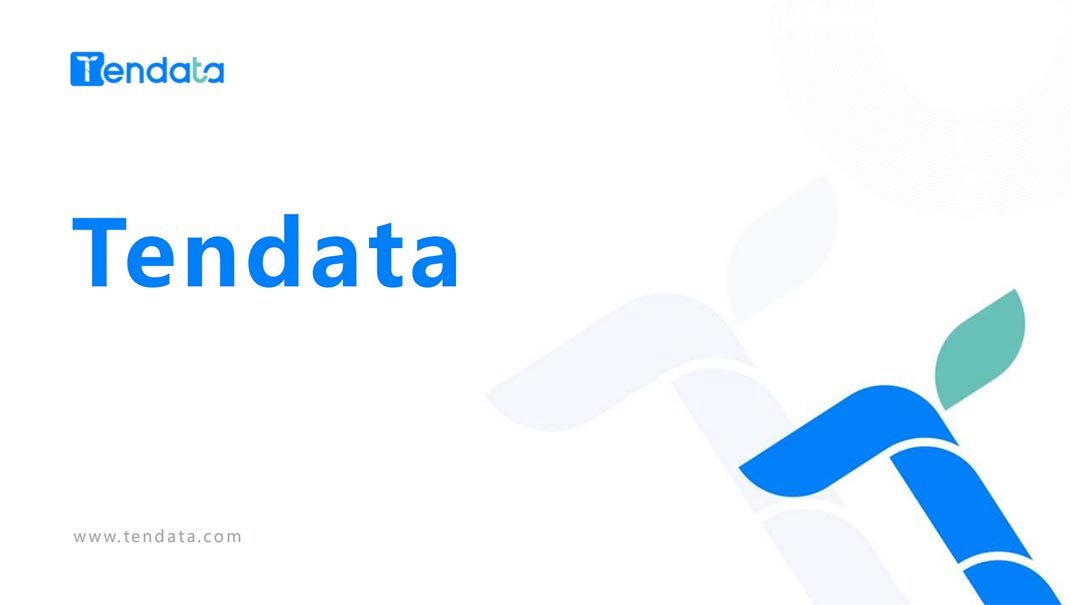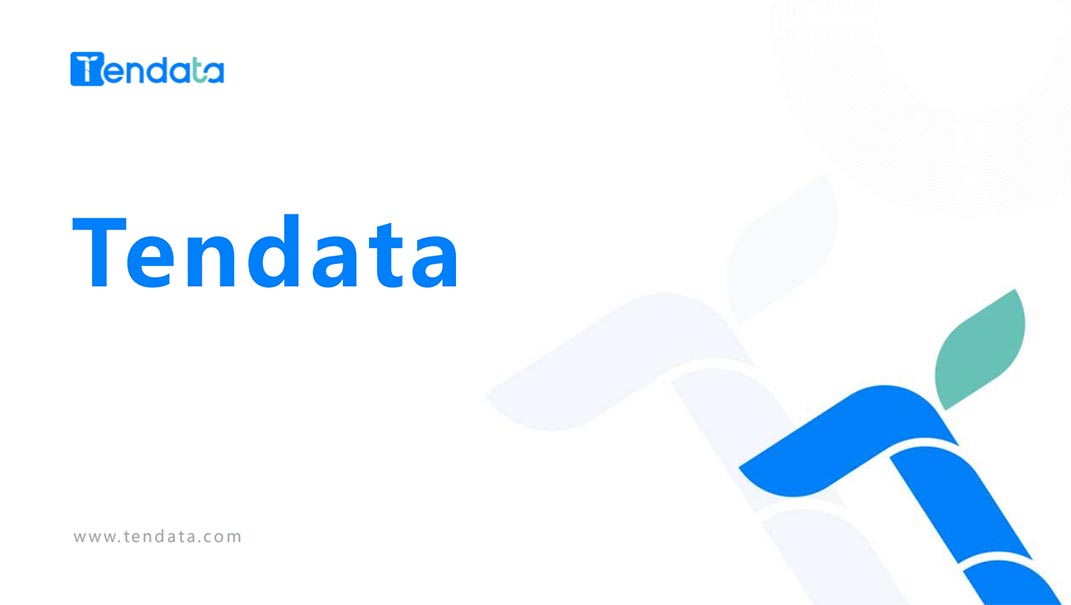 Export News
Export News
 25-07-2023
25-07-2023
In this article, Tendata will delve into the topic of cotton exports and explore whether there are any specific certifications or standards that exporter of cotton must meet. Cotton, being a highly traded commodity, requires exporters to adhere to quality standards and certifications to ensure the integrity and reputation of their products in the global market. By examining the existing requirements, we can gain valuable insights into the measures taken to maintain the quality and sustainability of cotton exports.

The Importance of Cotton Exports:
Cotton holds immense economic significance as a major agricultural commodity traded globally. It serves as a raw material for various industries, including textiles, apparel, home furnishings, and medical supplies. As exporter of cotton, it is crucial to uphold the quality and reputation of the product to meet the expectations of international buyers and maintain market competitiveness.
International Organizations and Quality Standards:
To ensure the quality and integrity of cotton exports, several international organizations have established standards and certifications that exporters must comply with. These standards serve as guidelines for sustainable practices, ethical sourcing, and quality control. Some notable organizations involved in setting standards for cotton exports include:
a) International Cotton Association (ICA): The ICA plays a pivotal role in promoting and maintaining high-quality standards in the cotton trade. It provides a range of services to the cotton industry, including arbitration, quality testing, and information exchange. The ICA also offers a platform for dispute resolution, ensuring fair and transparent trade practices among exporter of cotton.
b) International Organization for Standardization (ISO): The ISO has developed various standards related to cotton production, processing, and quality management. These standards, such as ISO 9001 (Quality Management System) and ISO 14001 (Environmental Management System), provide a framework for exporters to ensure consistent quality and environmental responsibility.
c) Better Cotton Initiative (BCI): BCI is a global not-for-profit organization that promotes sustainable cotton production. It has developed the Better Cotton Standard System, which outlines environmental, social, and economic criteria for cotton production. Complying with BCI standards allows exporter of cotton to demonstrate their commitment to sustainable practices.
Organic Certifications:
For exporters focusing on organic cotton, specific certifications are available to verify the organic integrity of the product. These certifications ensure that the cotton is grown without the use of synthetic pesticides or genetically modified organisms (GMOs) and adheres to stringent environmental and social standards. Some well-known organic certifications for cotton include:
a) Global Organic Textile Standard (GOTS): GOTS is widely recognized as the leading standard for organic textiles, including cotton. It covers the entire supply chain, from harvesting to processing and labeling. Exporters with GOTS certification provide buyers with assurance that their cotton meets rigorous organic criteria.
b) Organic Content Standard (OCS): The OCS verifies the organic content of a product and ensures that it contains a specific percentage of organically grown materials. It offers transparency and traceability in the organic cotton supply chain, instilling confidence in exporters and buyers alike.
Traceability and Supply Chain Management:
In addition to certifications and standards, maintaining traceability throughout the cotton supply chain is crucial. Exporters must have mechanisms in place to track the origin and journey of the cotton, ensuring transparency and accountability. This helps identify any potential issues, such as contamination or unethical practices, and provides assurance to buyers regarding the authenticity and quality of the exported cotton.
Collaboration and Partnerships:
Exporters of cotton often collaborate with other stakeholders in the industry, including farmers, ginners, spinners, and textile manufacturers. Establishing strong partnerships and maintaining open lines of communication ensures that everyone involved in the supply chain understands and meets the required certifications and quality standards. This collaborative approach strengthens the overall integrity and reputation of cotton exports.
Continuous Improvement and Adaptation:
The cotton industry is dynamic, with evolving customer demands and changing regulatory requirements. Exporters of cotton must stay updated with the latest certifications and standards, adapt their practices accordingly, and invest in continuous improvement to maintain a competitive edge in the global market. This includes staying informed about emerging trends, technological advancements, and consumer preferences to meet the evolving needs of buyers.
Conclusion:
For exporter of cotton, adhering to specific certifications and standards is vital to ensure the quality, sustainability, and integrity of their products. Organizations such as the ICA, ISO, and BCI provide valuable guidance and frameworks for maintaining high-quality standards in the cotton trade. Moreover, organic certifications like GOTS and OCS cater to the growing demand for organic cotton and allow exporters to meet the expectations of environmentally conscious consumers. By embracing these certifications, exporters can enhance their market competitiveness, foster trust with buyers, and contribute to a more sustainable and responsible cotton industry. It is crucial for exporter of cotton to prioritize quality control, traceability, collaboration, and continuous improvement throughout the supply chain to uphold the reputation of their cotton exports and ensure long-term success in the global market.
If you want to expand your export business and want to find out if there are export opportunities, there is much more you need to do! It may take a lot of time to conduct market research. Want to start your export business as fast as possible? Tendata can help you save up to 90% of your time!
Tendata provides real-time updated import and export data and customs data of 220+ countries, dynamically records the transaction details of each import and export goods, accurately mines and analyzes real buyers around the world based on big data AI intelligent technology, and easily matches the name, identity, position, email address, phone number and social account of the person in charge of purchasing in 10 seconds, which can satisfy all kinds of needs such as searching for overseas buyers, monitoring competitors, grasping market trends, improving enterprise competitiveness and so on. It can help you find overseas buyers, monitor competitors, grasp market trends, improve enterprise competitiveness and other needs, and help you quickly increase your company's revenue.
Category
Leave Message for Demo Request or Questions


 T-info
T-info T-discovery
T-discovery

 My
Tendata
My
Tendata Market Analysis
Market Analysis Customer
Development
Customer
Development Competitor
Monitoring
Competitor
Monitoring Customer Relationship
Customer Relationship






































































































































